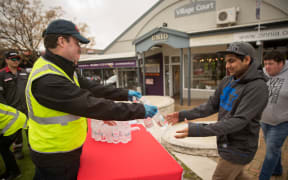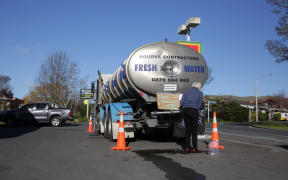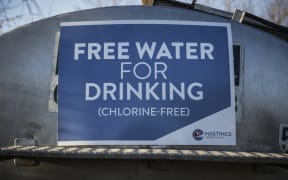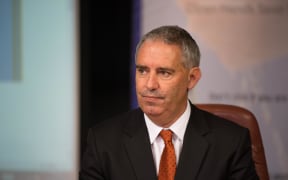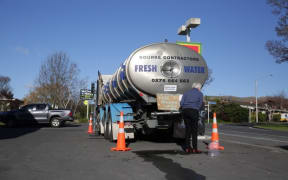The gastro outbreak in Havelock North has had a devastating effect on local hospitality businesses, owners say.
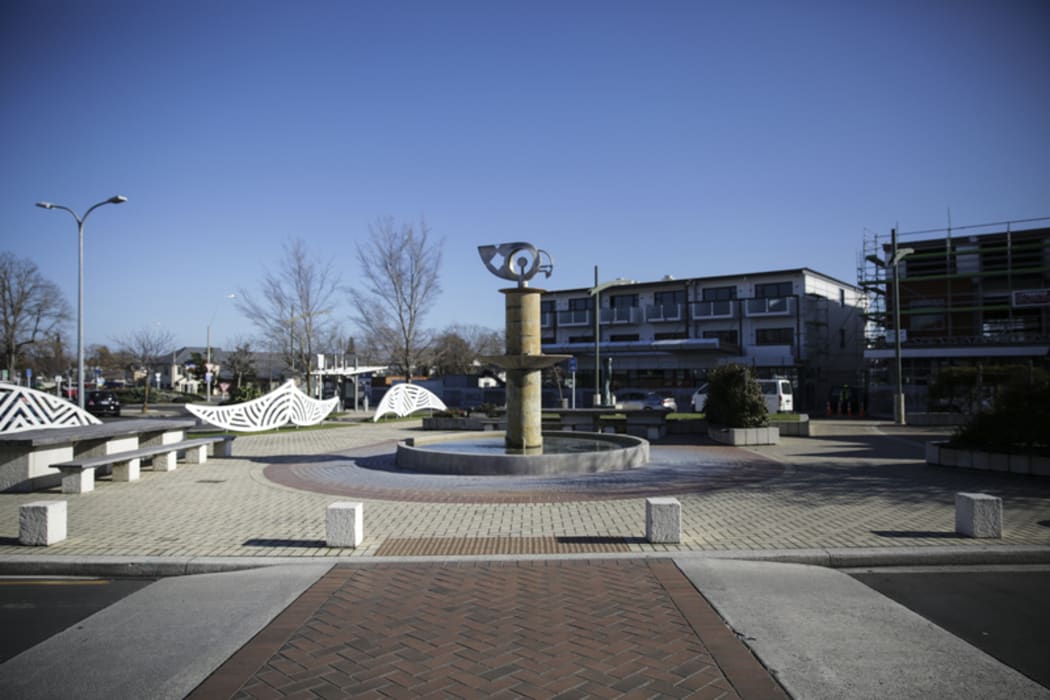
Photo: RNZ / Rebekah Parsons-King
The campylobacter infection not only kept thousands of sick people home, it also deterred visitors to the town.
The Hospitality Association's Hawke's Bay branch president Shaye Bird said a motelier who usually had an 80 percent occupancy rate at this time of year currently had just 31 percent.
And a publican who has never had an overdraft in 18 years had to ask his bank for one.
Mr Bird said the town's businesses needed support.
"They've had a rough couple of weeks with that campylobacter outbreak, people have been afraid to go out or go into Havelock North.
"We just need to sort of change people's mindset I suppose, [let them know] that it's perfectly fine."
Hospitality Association members in Napier and Hastings were also organising a food crawl today to help some of the affected firms.
Meanwhile, a farming leader is urging the public to let the Havelock North water contamination inquiry play out before jumping to conclusions.
Federated Farmers president William Rolleston said some comments from activists and ecologists about agriculture's role in the water crisis had been misleading.
He said using computer programs such as Overseer to talk about bacteria management was confusing, because the program measures the flow of nutrients in the root zone of soil, not bacteria flow into aquifers.
"Yes, animals do produce pathogens - so do humans, so do birds - these are a factor in the environment.
"So it's not the issue about whether it comes from an animal or not, it's about how it got into the waterway and what systems are in place to actually mitigate that environmental risk."
Mr Rolleston said there had been a systems failure and it was the responsibility of the local councils to mitigate those risks.
